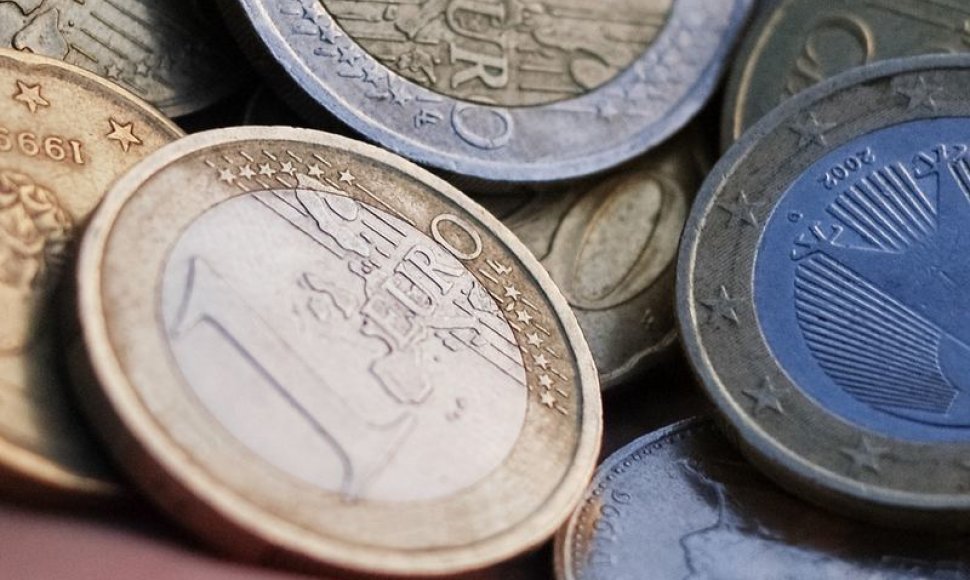“Lithuanian business executives see two sides of the euro coin – on the one hand, they expect Lithuania’s accession to the euro zone to lead to improvements in the country’s assessment by potential foreign investors as well as to the strengthening of domestic companies’ competitiveness on international markets and to the growth of exports. On the other hands, the euro will inevitably trigger the growth of costs, primarily due to employee pressure for increase in wages and rise in commodity costs,” a press release from KPMG Baltics quoted Domantas Dabulis, a partner with the company, as saying.
Two-thirds, or 66 percent, of the respondents believe that Lithuania would draw bigger investor interest after switchover to the single currency. Slightly less than two thirds, or 64 percent, say that the adoption of the euro would lead to an increase in wage expectations.
Slightly more than a half, or 52 percent, of executives believe that the prices of raw materials will increase after the euro changeover, and the same proportion expect Lithuania’s business competitiveness to improve as a result of this measure. Some 46 percent expect the country’s exports to grow and 45 percent anticipate an increase in the country’s debt burden.
KPMG Baltics polled 260 business executives in three Baltic countries.












